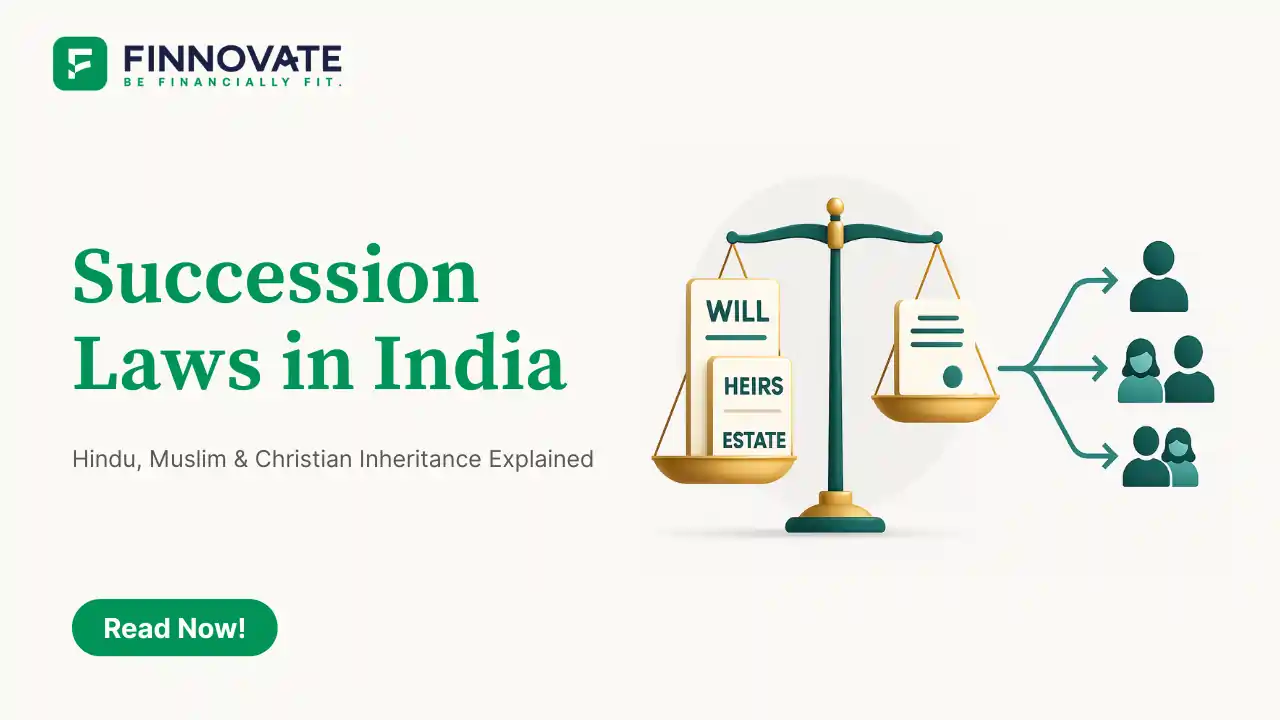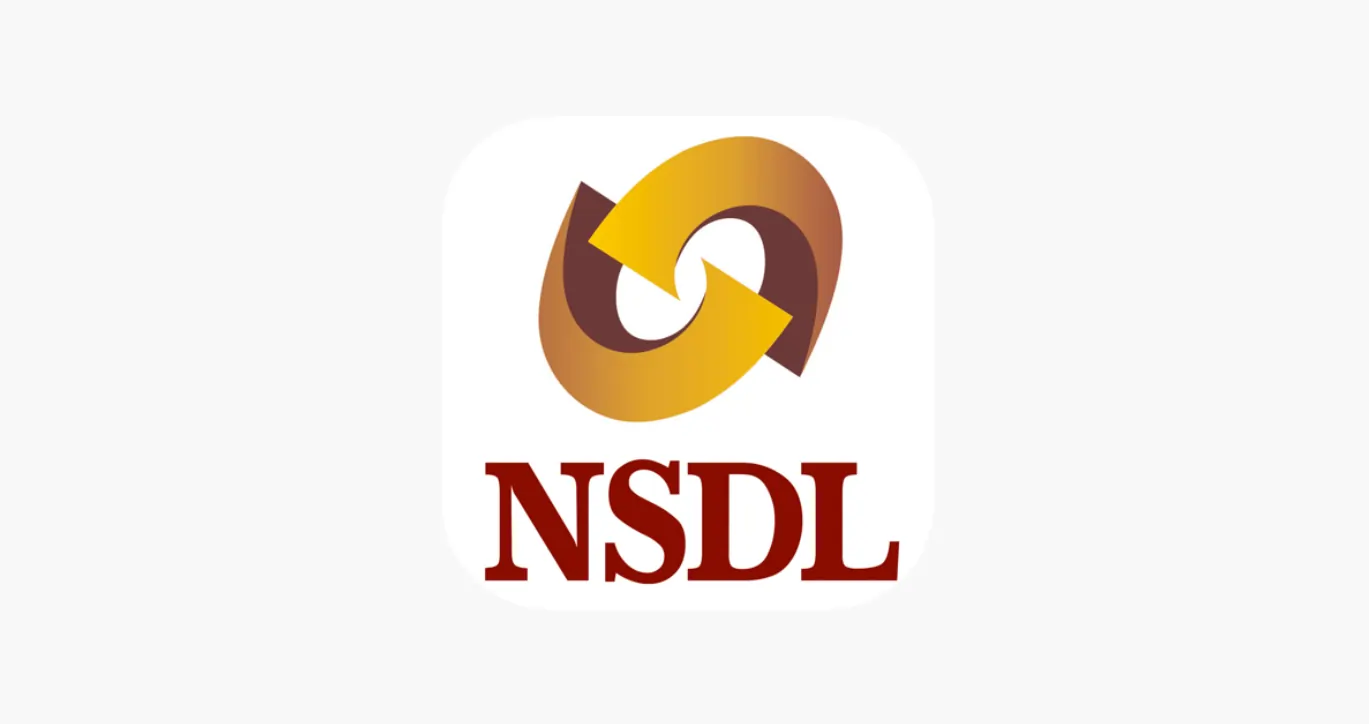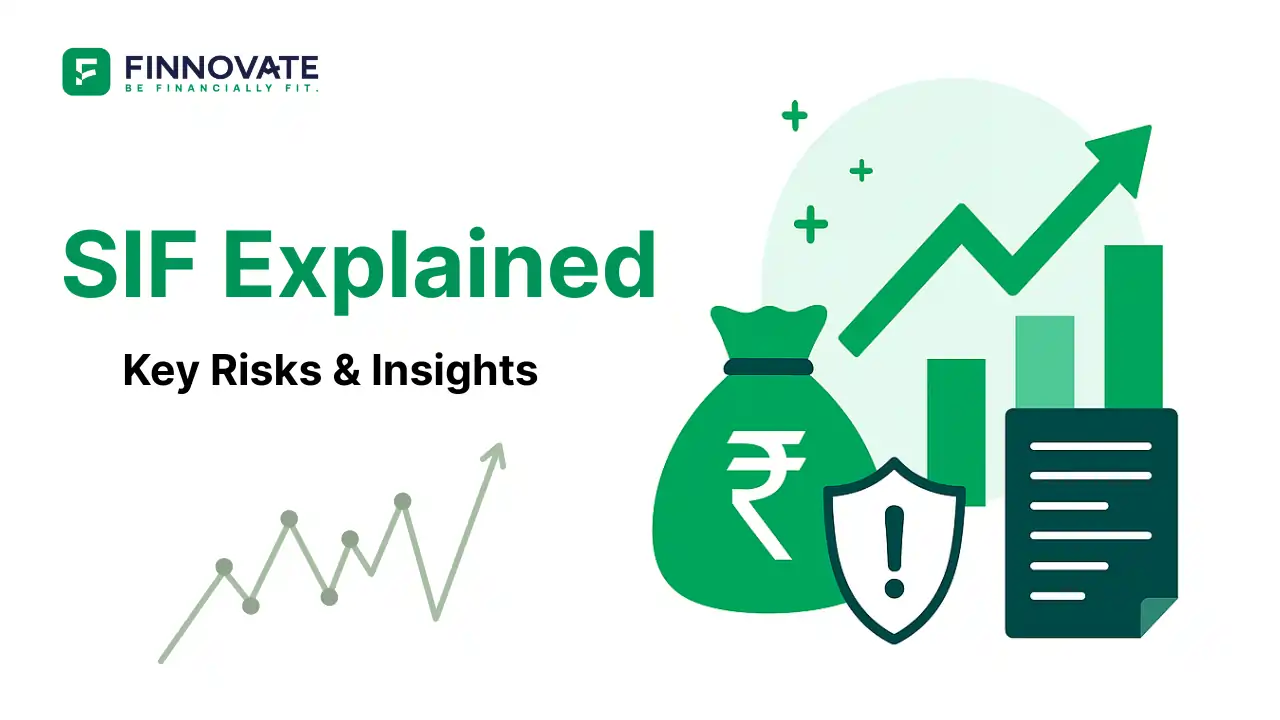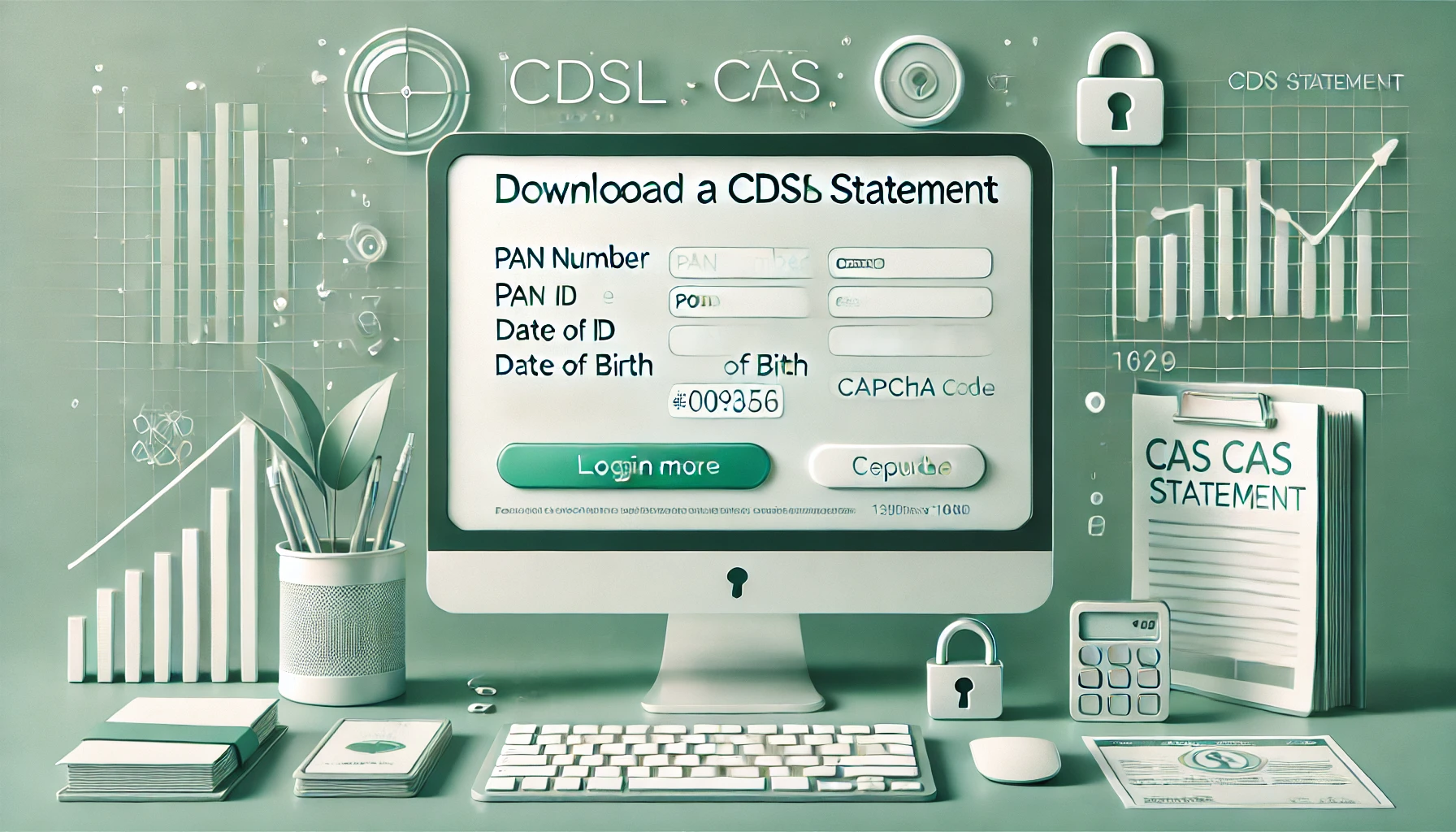Why You Need a Will in India
Most people assume that adding a nominee is enough. It isn’t. A nominee is usually a caretaker, not the final owner. Your Will is the document that decides who actually inherits your assets. This simple guide explains why you need a Will in India, how things work nominee vs legal heir, and the starter basics such as witnesses, executors, registration, and probate.
New to the topic? Start with our complete guide
Estate Planning in India: Meaning, Benefits, Components and How to Get Started
Nominee vs Legal Heir: What the law actually means
Nominee: A receiver or custodian who can claim assets quickly from banks, mutual funds, insurers, and demat accounts.
Legal heir or beneficiary: The person who actually owns the assets as per your Will, or if there is no Will, as per succession laws.
If your Will says your spouse and child get your investments, but the account has your brother as nominee from years ago, institutions may release the money to the nominee first, but beneficial ownership still rests with the heirs under the Will. Without a Will, assets pass as per personal or succession law - often not how you would have wanted.
Takeaway: A nominee helps with speed and access. A Will decides ownership.
Five reasons to write a Will today
- Reduce family disputes and delays: A Will settles who gets what upfront. It reduces the risk of conflicts, extra affidavits, and repeated visits to institutions.
- Choose guardians and an executor: Parents of minor children can name guardians. You also appoint an executor to carry out your Will and coordinate paperwork.
- Speed up transmissions: Clear instructions and correct nominees make mutual fund, demat, and bank transmissions quicker.
- Cover modern, digital and scattered assets: Include mutual funds, demat, insurance, UPI-linked balances, NPS or EPF, credit card points, email or social logins, and crypto.
- Keep control instead of default formulas: Intestate distribution follows set rules that may not reflect your wishes or family context.
See how all documents fit together in the estate planning process in India.
What if there is no Will (intestate succession)
- More paperwork and time: Legal heir or succession certificates or court processes may be required depending on asset and state.
- Less flexibility: Fixed share rules can create practical issues, such as splitting one house among many heirs.
- Higher conflict risk: Families can disagree on valuations, sales, or who stays where.
A Will keeps things simple, private, and faster.
Starter Basics: witnesses, executor, registration, probate
Witnesses
- You need two adult witnesses when you sign your Will.
- Witnesses should not be beneficiaries.
- They confirm you signed in sound mind and voluntarily.
Executor of Will (who and why)
- Pick a trustworthy, organised adult who is willing and available when needed.
- Role: locate the latest Will, coordinate with institutions, apply for probate where required, distribute assets as written, and maintain simple records.
- Tell your executor where the original Will is stored and share a basic asset list. Do not include passwords in the Will.
Is Will registration mandatory in India?
- No. Registration is optional.
- People register for added proof of authenticity, easier custody, and fewer challenges later.
- If not registering, keep the original safe and tell your executor how to access it.
Handwritten vs typed Will
- A handwritten Will is valid if properly signed and witnessed.
- Typed versions are easier to read and store. Use clear, unambiguous language.
Probate of Will in India
- Probate is a court’s certification that your Will is genuine and your executor may act.
- Whether probate is needed depends on residence, location of property, and local rules.
- Many financial institutions accept a probated Will more readily when there are competing claims.
5-Step Plan to start your Will this week
- List your assets and nominees: Bank accounts, FDs, lockers, PPF or EPF or NPS, insurance, mutual funds, demat holdings, PMS or AIF if any, property, business interests, vehicles, and digital assets. Note where they are, account or folio numbers, and current nominees.
- Decide beneficiaries and an executor: Define who gets what and when. Name a backup executor and guardians for minors. Address special situations such as parents, siblings, or special needs.
- Draft your Will in plain language: Include your full name, address, date, and place of signing. State that this is your last Will, revoking previous Wills or codicils. List bequests clearly and add a residuary clause.
- Sign with two witnesses: Sign each page and at the end. Witnesses sign after you and add their details. Store the original safely and tell the executor and spouse where it is.
- Review and update: Revisit after major life events and every two to three years. Use a codicil or write a fresh Will with a later date to update your plans.
Common mistakes to avoid
- Assuming nomination equals inheritance.
- Not naming an executor or choosing an unsuitable executor.
- Vague instructions that invite disputes.
- Forgetting digital and financial assets such as mutual funds, demat, insurance policies, and retirement accounts.
- Never updating the Will after major life changes.
Get your Will Started - 30 Min clarity call
Not legal advice. We’ll help you organise documents, roles, and next steps.
Book a Slot
Key takeaways
- A Will is essential because nominee is not owner.
- List assets, choose beneficiaries and an executor, and sign with two witnesses.
- Registration is optional; probate depends on jurisdiction and asset.
- Cover digital and financial assets, not just property.
- Review your Will after big life changes and every two to three years.
FAQs
1. Is Will registration mandatory in India?
No. It is optional. A properly signed and witnessed unregistered Will is valid.
2. Can I handwrite my Will?
Yes. A handwritten Will is valid if signed with two witnesses and clearly written.
3. Who can be an executor of Will?
Any trustworthy adult who is willing and organised. Ideally someone reasonably available and comfortable with paperwork.
4. When is probate required?
It depends on jurisdiction and asset type. In some cities and scenarios, probate is mandatory. Your executor can confirm local requirements.
5. Does nomination override a Will?
No. The Will or succession law decides beneficial ownership. Nomination allows quicker receipt but does not decide final ownership.
6. Can an NRI make an Indian Will?
Yes. NRIs often create a separate Will for Indian assets, ensuring signing and witness rules are followed.
7. How often should I update my Will?
After major life events and every two to three years. Also update nominees in banks, mutual funds, and demat to match your intent.
Disclaimer: This article is for education, not legal or financial advice. Please consult a qualified professional for your situation.




